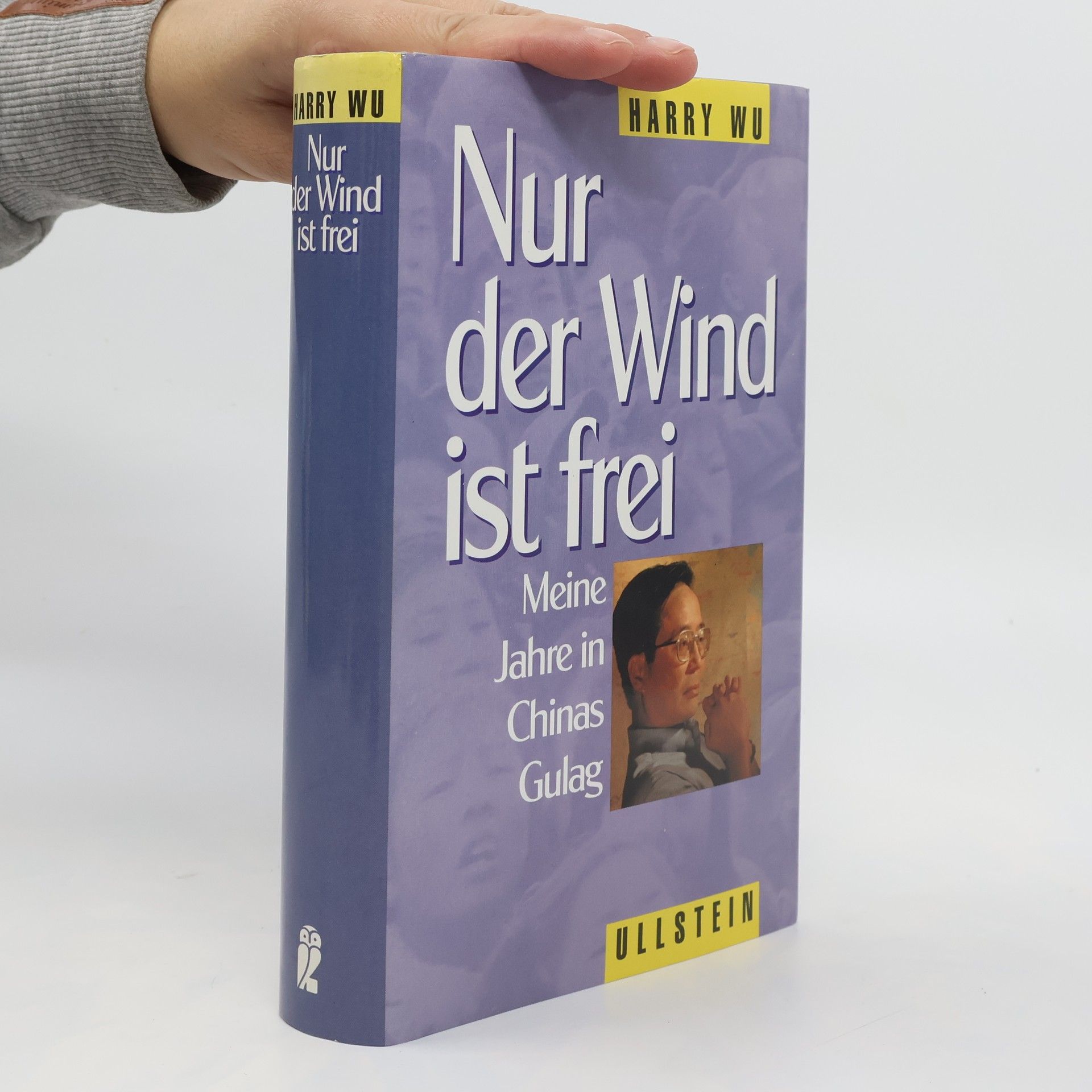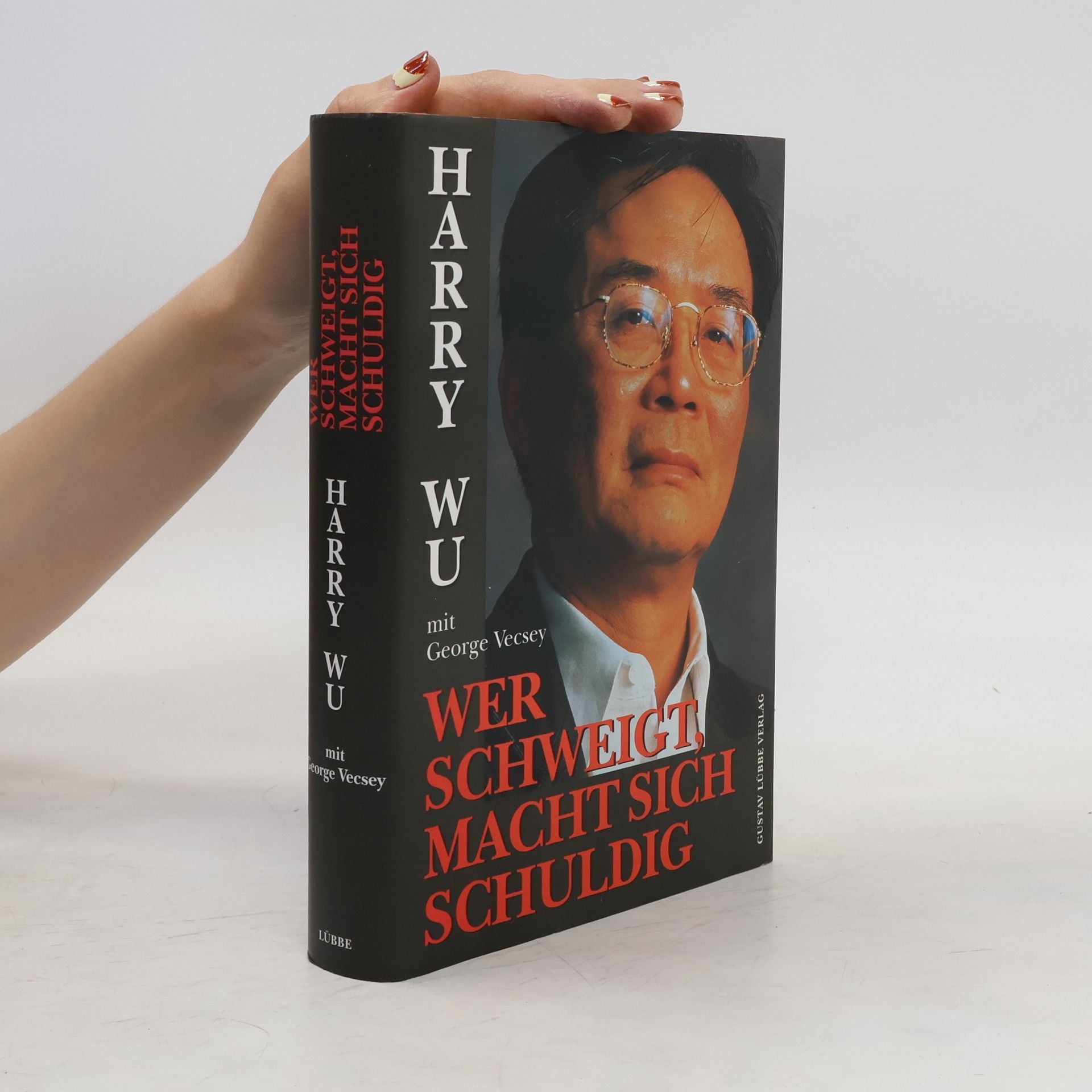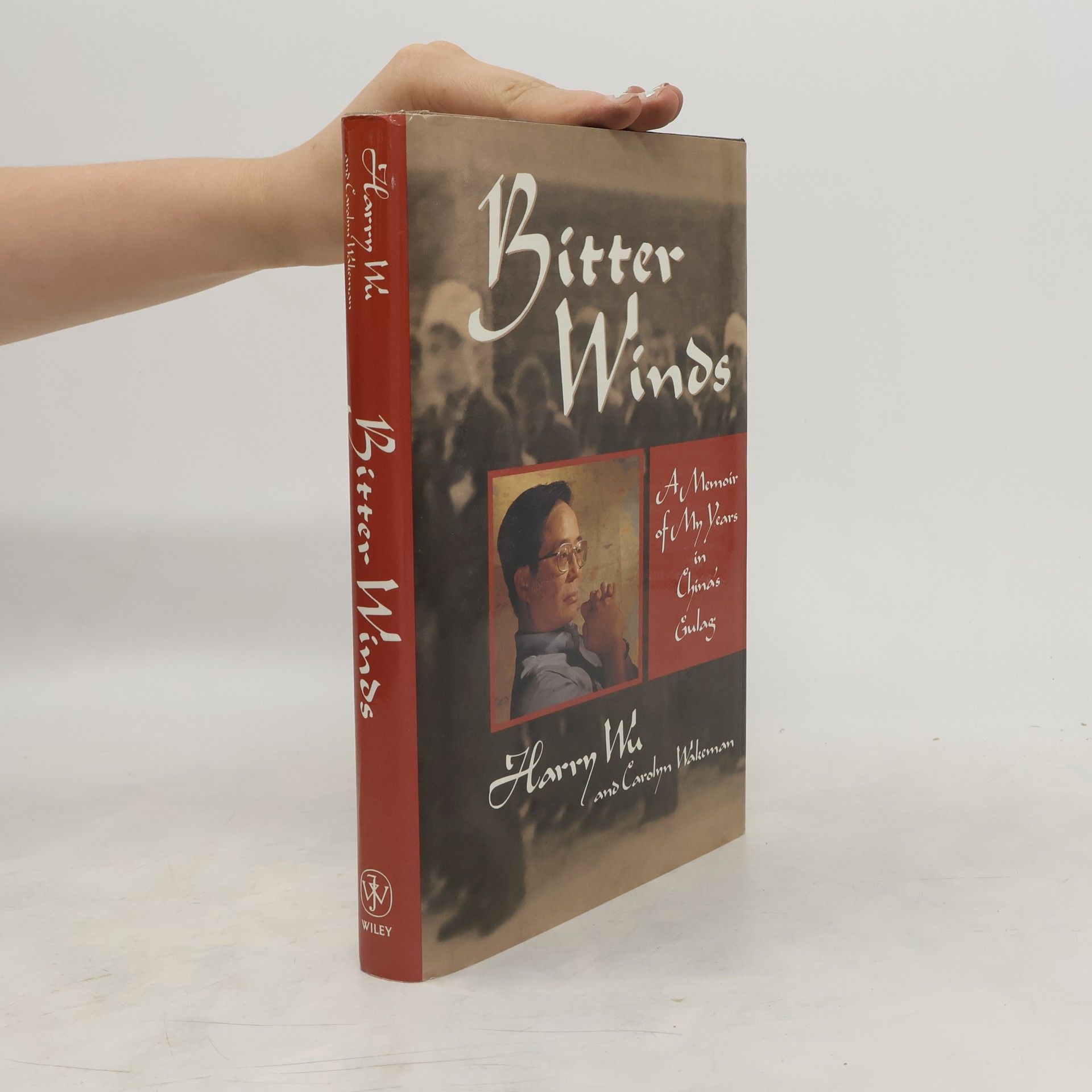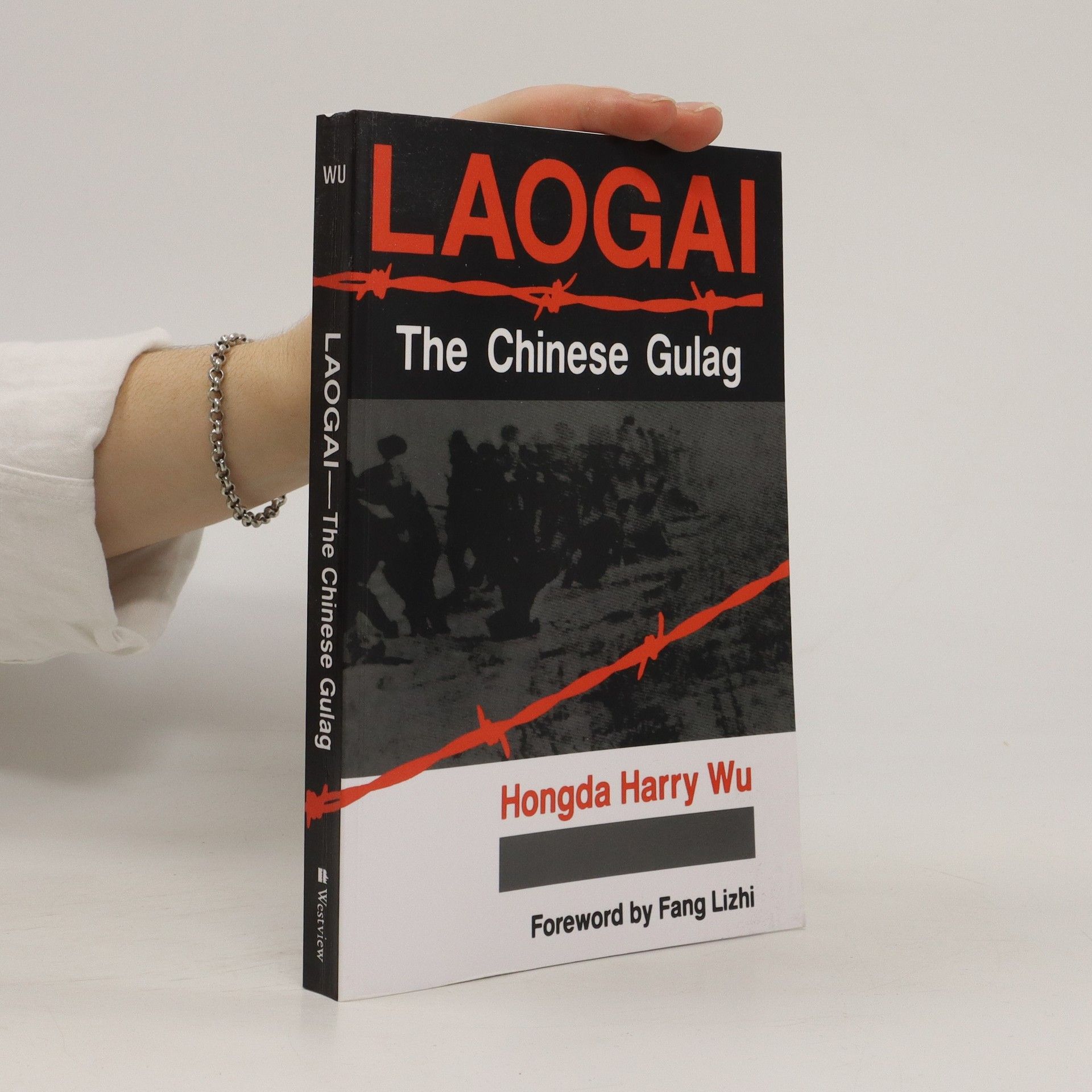This work reveals the hidden world of the "laogaidui" - the PRC's labour reform camps. The author, a political prisoner for 19 years, describes their ideological origins, complex structures and living conditions and analyzes the camps' contribution to the economic health of the PRC.
Hongda Harry Wu Libri
Harry Wu è stato un attivista cinese per i diritti umani che ha trascorso 19 anni nei campi di lavoro cinesi. Dopo il suo reinsediamento negli Stati Uniti, ha fondato la Laogai Research Foundation nel 1992. Il suo lavoro si concentra sull'esposizione e la documentazione delle brutalità insite nei sistemi oppressivi. Wu è diventato una voce significativa nella difesa dei diritti umani e della giustizia, concentrandosi sull'impatto dell'oppressione sistemica sugli individui.





A searing eyewitness account of what life was like in the prison camps of China during the 1960s and 1970s--through the rise of the Cultural Revolution and the Red Brigade, the death of Mao to the struggles of post-Maoist China. The author exposes the Chinese practice of exporting forced labor goods illegally into the U.S.